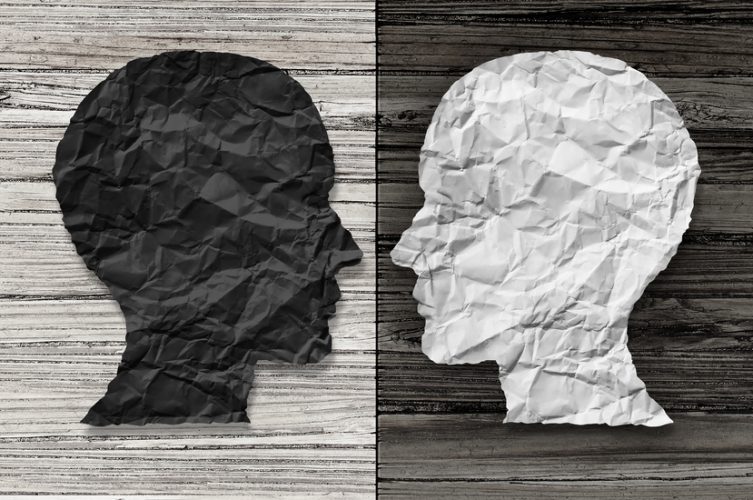Men's Health is the brand men live by for fitness, nutrition, health, sex, style, grooming, tech, weight loss, and more.
Monday, 2 September 2019
Bloodpressure drugs and ED: What you need to know
One
reason erectile dysfunction (ED) becomes more common with age is that older men
are more likely to be on medication, and ED is often a side effect of many
common drugs. In fact, it's been estimated that 25% of all ED is caused by
medication.
Several
drugs can produce erectile difficulties, but blood pressure drugs are near the
top. ED is an occasional side effect of BP drugs like thiazide diuretics, loop
diuretics, and beta-blockers, all of which can decrease blood flow to the penis
and make it difficult to get an erection. However, other BP drugs, such as
alpha-blockers, ACE inhibitors, and angioten-sin-receptor blockers, rarely
cause ED.
Some
research even suggests the effect of blood pressure drugs may be more
psychological than physical. When ED occurs after a man begins to take a new
medication, it's possible that anxiety about his health, rather than the
medication, may trigger the problem. And being aware of possible side effects
may make a man more likely to recognize them as abnormal.
According
to Harvard
Special Health Report Erectile Dysfunction, one study in the European Heart Journal looked
at men newly diagnosed with heart disease, but without ED, who started
treatment with the beta-blocker atenolol (Tenormin). Some of the study
participants were told about the sexual side effect of the blood pressure drug,
and ED was reported by almost one-third of the participants. In contrast, among
those who were not told the drug's name or its side effects, only 3% said they
experienced ED.
If
you get ED shortly after starting treatment with any BP drug, speak with your
doctor. He or she may be able to substitute for a different one. Keep in mind
that it can take anywhere from several days to several weeks after stopping a
high blood pressure medication for erections to return.
Even
if you do not take blood pressure drugs, you should get your blood pressure
checked as high BP also can be a sign of ED. In fact, men with ED are about 38%
more likely to have high blood pressure than those without ED, according to a
study that examined the medical records of more than 1.9 million men. That is
not too surprising, since ED often occurs in men who smoke or are
overweight—both of which are common risk factors for high blood pressure.
Subscribe to:
Post Comments (Atom)
Popular Posts
-
WHAT HAPPENS TO YOUR BODY AFTER THE HCG DIET? WHAT HAPPENS TO YOUR BODY AFTER THE HCG DIET? Your body may undergo amazing chang...
-
More Evidence Links Mediterranean Diet to Less Depression Adherence to a healthy diet, particularly the plant-rich Mediterran...
-
Do You Have Problems With Concentration And Mental Clarity? Do You Have Problems With Concentration And Mental Clarity? Low tes...
-
Alzheimer and Dementia: Experts explain how they differ… Alzheimer and Dementia: Experts explain how they differ… What is Alzhe...
Sample Texts
Erectile dysfunction (ED) is the inability to get or keep an erection firm enough to have sexual intercourse. Erectile dysfunction, also known as impotence, is a type of sexual dysfunction characterized by the inability to develop or maintain an erection of the penis during sexual activity in humans..
Tags
Blog Archive
Featured post
Alzheimer and Dementia: Experts explain how they differ… Alzheimer and Dementia: Experts explain how they differ… What is Alzhe...

Popular Posts
-
Does Sugar Cause Diabetes? Fact vs Fiction What Is Diabetes? Diabetes occurs when your body is no longer able to impressively r...
-
8 WAYS HOW PAIN CAN AFFECT YOUR LIFE! 8 WAYS HOW PAIN CAN AFFECT YOUR LIFE! Pain can be a chronic and a complex condition. It u...
-
Is It A Diet or An Eating Disorder? Is It A Diet or An Eating Disorder? I had been in outpatient therapy for six months. I wa...
-
Blood Pressure Health Blood Pressure Health Blood pressure has gotten a bad rap. Some pressure is essential for circulation. Wi...
-
HEPATITIS: CAUSES & PREVENTION HEPATITIS: CAUSES & PREVENTION “Doctor I have jaundice” is a common presentation in OP...
Text Widget
Health is a state of physical, mental and social well-being in which disease and infirmity are ... Studies have shown that high levels of stress can affect human health. In the first decade of the 21st century, the conceptualization of health as an ..
Created with by OmTemplates | Distributed By mans health

No comments:
Post a Comment